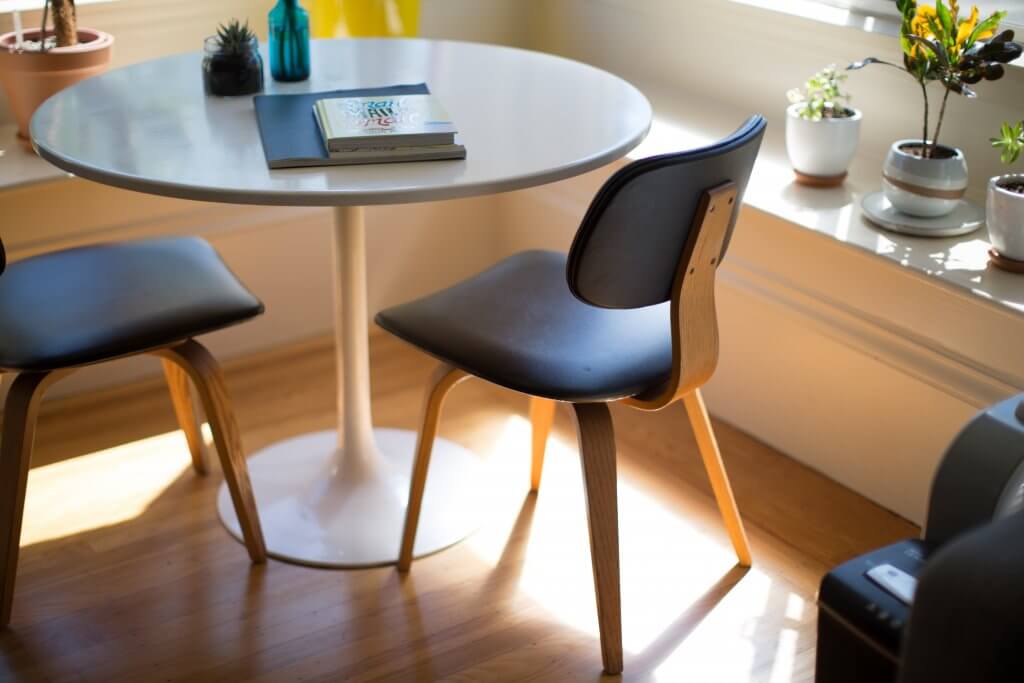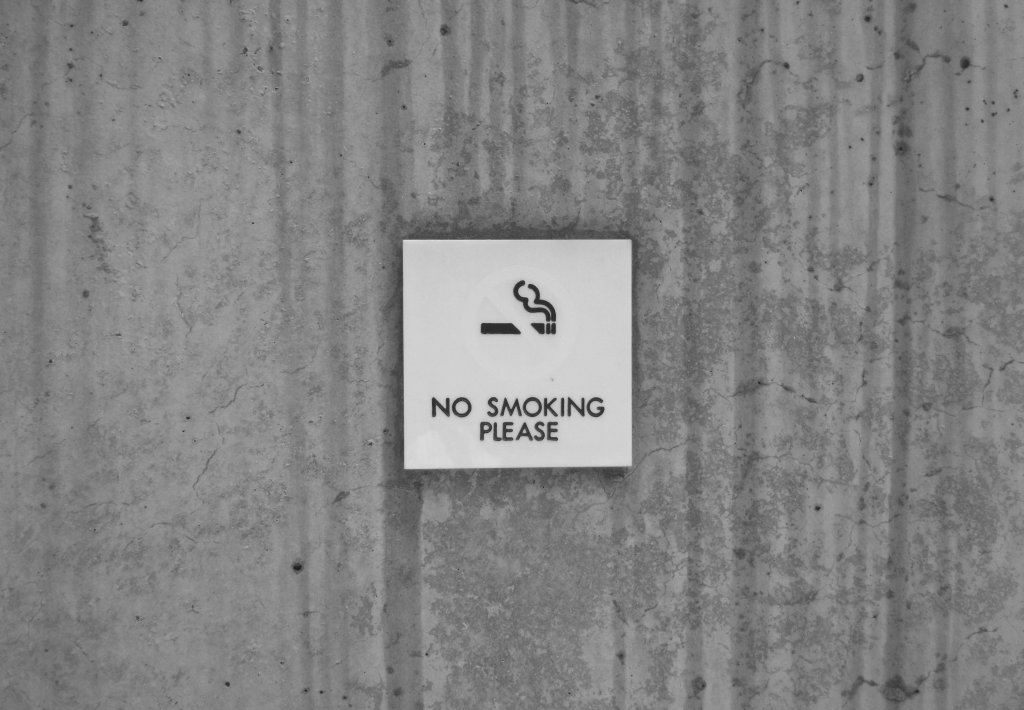Frequent communication is a must between landlords and tenants. Especially when it comes down to health concerns. Indoor air quality is important to consider.
Air quality is a widespread issue around the world, even if you think your city is relatively clean. Once you know what to look out for, everyone can do their part to make the community a healthier place to live.
Whether you let out property or rent your living space from someone else, the leasing process is like a balancing act. Managers must maintain their unit to attract new tenants and renters have to learn community guidelines to avoid breaking their lease.

Check for Mold
Mold is a tricky problem for both tenants and landlords. Both parties must do more than toss out old food or powerwash the outside of the rental units. Mold grows quickly indoors in a variety of settings.
Mildew thrives when condensation appears on the inside of windows or even on the bathroom walls after a shower. Residents can use dehumidifiers to reduce mold growth. Landlords should train maintenance team members on how to take care of standing water in leased units. This also means throwing away and replacing unit parts that are beyond repair.
Avoid Lead-Based Paints
The U.S. officially banned lead-based paints in 1978, but they still exist. Mostly, people use it for road markings, like lines in the street or parking lots. Possible tenants should ask about the paint used on the property before renting, but it is up to the landlord to avoid lead-based varieties for exterior work.
Check the market for water-based traffic paint that’s also lead-free to ensure the safety of every tenant. It shouldn’t cost too much more, so the budgeting for the project won’t need restructuring.
Prohibit Indoor Smoking
Some leasing units allow tenants to smoke indoors, if only in specific and limited places. Even though that limits air pollution, it still harms the people that live with them or near their open windows. Secondhand smoke is responsible for nearly 42,000 deaths each year, which mostly result from lung cancer or heart disease.

Landlords should put rules in place to prohibit indoor smoking in all units to keep the air pollution to a minimum. Tenants may choose to smoke outside away from buildings, as long as other residents aren’t affected.
Designated smoking areas are a nice touch to add to a community with strict smoking policies, as it gives a spot for people to smoke and acts as a compromise.
Choose Pesticides Carefully
Most landlords offer a monthly pesticide service with the cost of rent. It’s smart to stay ahead of bugs and keep tenants happy. While choosing pesticides, look for products that aren’t harmful when inhaled or sprayed and offer to test indoor air quality for residents after interior pest control sprays.
Compare these results to the Environmental Protection Agency’s (EPA’s) Air Quality System (AQS) report to discover the healthy range the air quality should fall under.
If tenants have any concerns about sprays or smells, they can contact their landlord right away to discuss the pesticides in use and how the management office handles air pollution issues. It may be up to them to manage their pest problem, which gives them more room to choose products that are eco-friendly or don’t contain chemicals.
Maintain Regular Pollution Maintenance
There are other steps both landlord and tenant can take to control air pollution. The landlord can supervise the distribution of new HVAC air filters every other month, while tenants can stay aware of what’s sprayed in and around their home. Every effort helps combat pollution and makes the air cleaner for everyone to breathe.






